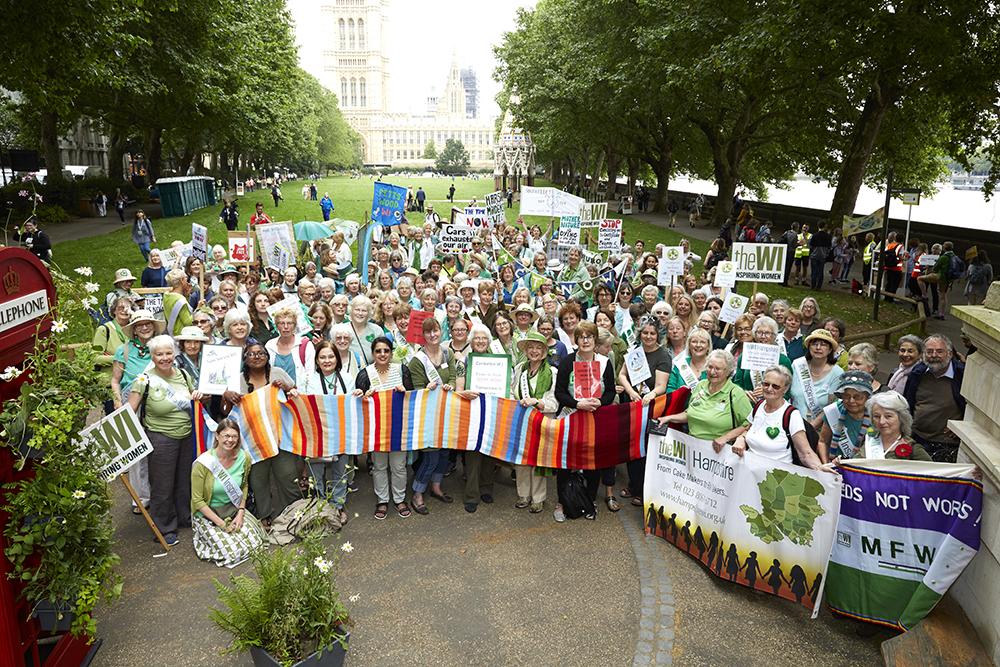Things to consider when making your will

A will is simply a legal document that lets you decide what will happen to your money and possessions after your death. It puts you in control of your affairs and ensures your wishes are carried out.
Having a valid will puts you in control and protects your loved ones. It is the only way to guarantee that your wishes will be met after your death. Without a valid will, the law determines who gets what and this may not be in accordance with your wishes.
Keeping a will up to date is also important as family circumstances evolve. For example, your wishes may change if you lose your spouse, separate or have children or grandchildren. So it is important to review your will from time to time to ensure it still meets your intentions. If you marry, any will you made beforehand is invalidated.
Having a valid will saves your family a lot of stress and heartache at a difficult time. They will be glad if you have left clear instructions about your wishes.
By making a will you may also be able to save inheritance tax, meaning more is available to your beneficiaries.
If you already have a will and only need to make minor changes (for example to include a new grandchild or a charity), it can be updated by adding a short codicil.
Although there is a small cost to making or updating your will, it is an investment in peace of mind to know that you have organised your affairs
Making or updating your will is actually a simple process, but it is important to think things through before you do so. Here are the main things to consider:
- Work out the value of your estate. This will typically include your home, your savings, investments and other property, such as vehicles, jewellery or other valuables. Then subtract any debts you owe, such as mortgages, loans and other borrowings. The result is the value of your estate which you will leave. There is a handy estate calculator here [Link to estate calculator document] that you can download.
- Decide who will benefit. This will typically include your dependents, as well as your favourite causes. Write down their names and addresses.
- Think about who will carry out your wishes. Ask those you have in mind if they will do this for you. They need to be people you trust, usually immediate family or a close friend, as well as sometimes a solicitor, or accountant, or a bank. Ideally, you should appoint two people who are good at administration and getting things done. If one of these is a solicitor, accountant or bank be aware that they will charge a fee for the service, which will be deducted from your estate. For large or complex estates, this is worth considering.
- Find a professional advisor – either a solicitor or professional will writer. If you don’t already have one, ask friends and relatives for a recommendation or visit the website of the Law Society at: www.lawsociety.org.uk
- Think about any charities you wish to remember, such as the WI. Some members leave a gift to their local WI, while others choose to support the work of their federation or that of the NFWI nationally. Be sure to check the correct details of any organisations you choose to remember, including the right name, address and charity number. You will need to provide these to your solicitor or will writer when you see them.
- Visit your solicitor or will-writer to brief them about your wishes, taking with you details of your property and finances and of the people and charities you wish to benefit. They will then draft a will for you to approve. If you cannot get to their offices, many are happy to make home visits.
- Finally, your professional advisor will ensure that your will is properly signed, dated and witnessed (this needs to happen for the will to be valid). You then need to keep a copy and tell your relatives where it is kept.
Find out more about legacies:
For further information about legacies, please email [email protected].
